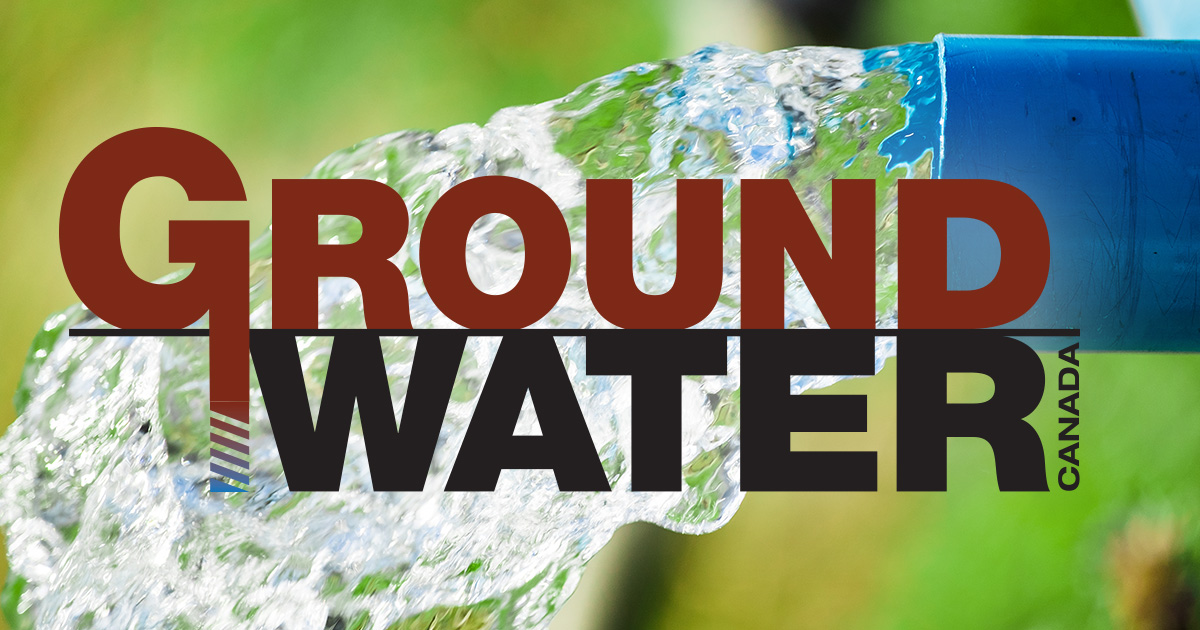
News
Environment
Multi-disciplinary team to develop GHG emission guidance for water utilities
Efforts to reduce GHG emissions come in response to global pressures
January 31, 2024 By Ground Water Canada

Walnut Creek, Calif. – The U.S. Water Alliance (the Alliance) and The Water Research Foundation (WRF) have assembled a team of utilities, researchers, and technical experts to establish industry‐wide guidance and tools to help improve greenhouse gas (GHG) reduction efforts at water and wastewater utilities.
Considering increasing pressure from the global community to reduce GHG emissions (e.g., via the Paris Agreement) and the frequency of extreme climate events, the water sector has increased its efforts in this area.
As utilities work to mitigate GHG emissions, conducting a GHG emissions inventory is the first step to understanding current emission sources. Although many GHG estimation methodologies exist, there is no utility-facing industry-wide framework or easy‐to‐use resource that provides water utilities with practical guidance on which emissions are essential to address and what the best available methods are for assessing them over the lifecycle of capital and operational emissions.
Funded by WRF’s Research Priority Program along with utility partners, WRF Project 5188 – Establishing Industry‐Wide Guidance for Water Utility Life Cycle Greenhouse Gas Emission Inventories – aims to create a utility‐facing guidance document and a replicable accounting tool that captures worldwide best practices for estimating direct and indirect GHG emissions at utilities using a lifecycle approach. The guide will provide context for which GHG emissions are vital to include as well as areas of emissions with higher and lower certainty estimates to scale GHG reduction efforts across utilities of all sizes and geographies.
“Understanding current greenhouse gas emission sources is a vital step for water and wastewater utilities working to mitigate climate change impacts,” Dr. Peter Grevatt, CEO of The Water Research Foundation, said. “We are excited to work with the U.S. Water Alliance’s strong cross-sector team to develop international, industry-wide consensus around GHG accounting and methodologies.”
As well as WRF funding, the approximately $600,000 project includes in-kind contributions from numerous consultancy firms, associations, and more than a dozen supporting utilities.
Principal investigator and U.S. Water Alliance director of climate action David Ponder commented on the formation of the team:
“Our team of leading researchers and practitioners will allow for international collaboration and consensus-building with a commitment towards long-term implementation support through the Alliance network and our partners, as well as seeking to scale what works. Furthermore, we bring the ability to divide the work among different GHG subject matter expert teams to efficiently execute tasks, delivering maximum value and impact for the international water community.”
Following a 21-month research process since October 2023, the guidance document and GHG emissions accounting tool will be made publicly available for industry dissemination. Additionally, peer-reviewed articles and conference workshops will be key to educating the water sector on estimating direct and indirect utility GHG emissions.
“This project is a unique opportunity to bring the global water community together, gain consensus, and standardize GHG accounting for water utilities so everyone follows the science and best practices, allowing us to accurately estimate emissions and more effectively plan and take climate action,” Brown and Caldwell’s Dr. John Willis, an authority on utility GHG emissions and a contributing researcher, said.
Print this page